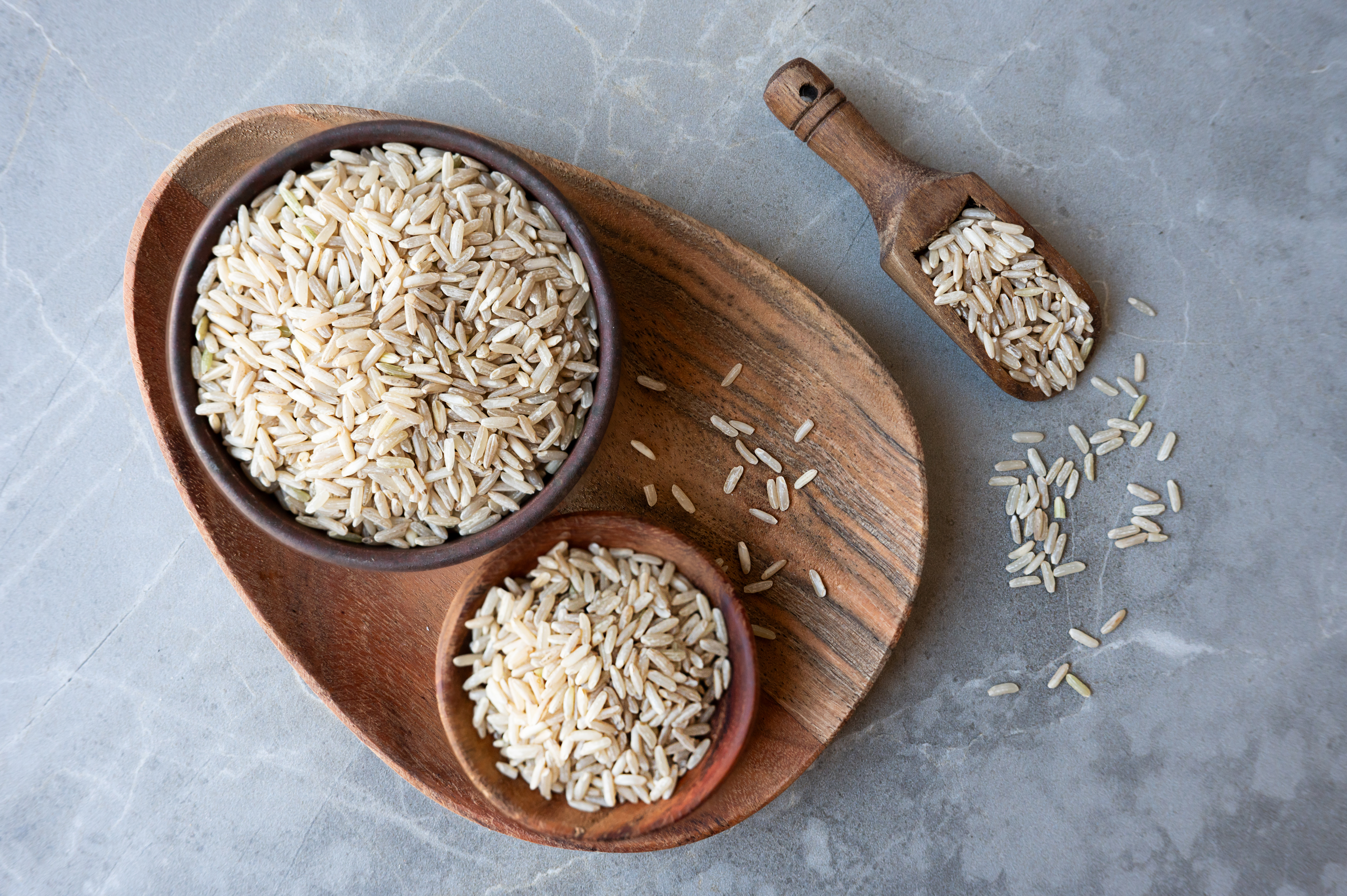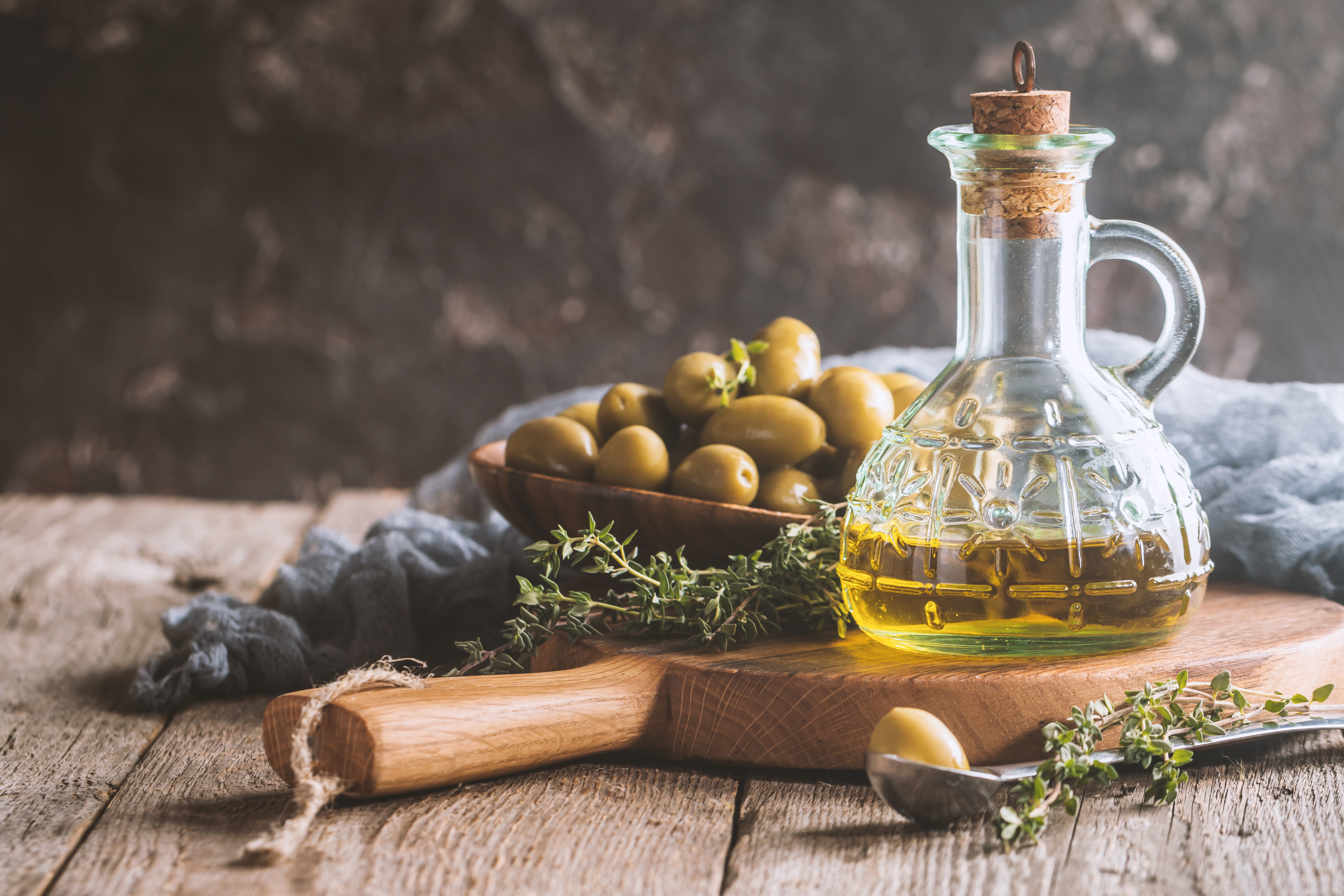Eat This, Not That: The Anti-Inflammatory Swap Guide for Your Pantry
3. Choose Whole Grains Over Refined Grains

Refined grains, such as white rice and pasta, have been stripped of their beneficial nutrients and can promote inflammation. Whole grains, like quinoa, brown rice, and whole wheat pasta, are packed with fiber, vitamins, and minerals. They help maintain stable blood sugar levels and support digestive health. By making this simple swap, you can enhance the nutritional profile of your meals while promoting an anti-inflammatory diet. Whole grains can be easily incorporated into your meals as a base for salads, bowls, or as a side dish, providing a hearty and satisfying component to your diet.
4. Opt for Extra Virgin Olive Oil Instead of Vegetable Oils

Vegetable oils, such as canola or soybean oil, are high in omega-6 fatty acids, which can promote inflammation when consumed in excess. Extra virgin olive oil, a staple of the Mediterranean diet, is rich in monounsaturated fats and antioxidants, particularly oleocanthal, which has anti-inflammatory properties similar to ibuprofen. This oil not only enhances the flavor of your dishes but also supports heart health and reduces inflammation. Use it as a base for salad dressings, for sautéing vegetables, or drizzling over finished dishes to add a touch of healthy, flavorful richness.
